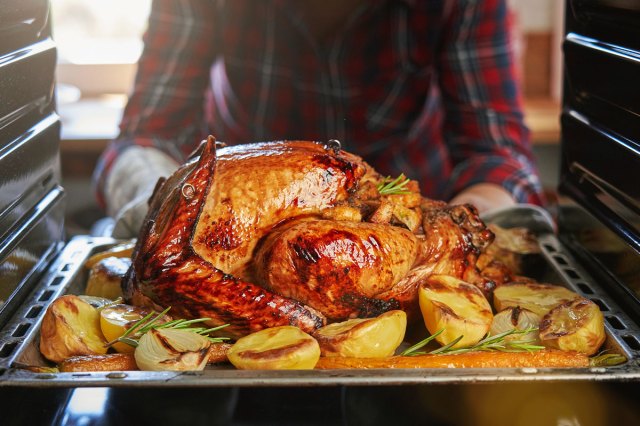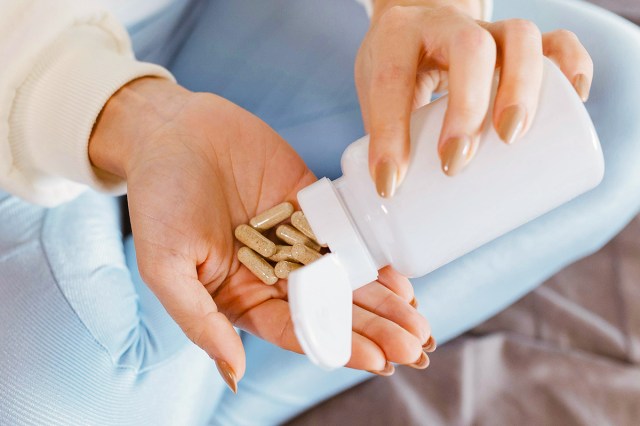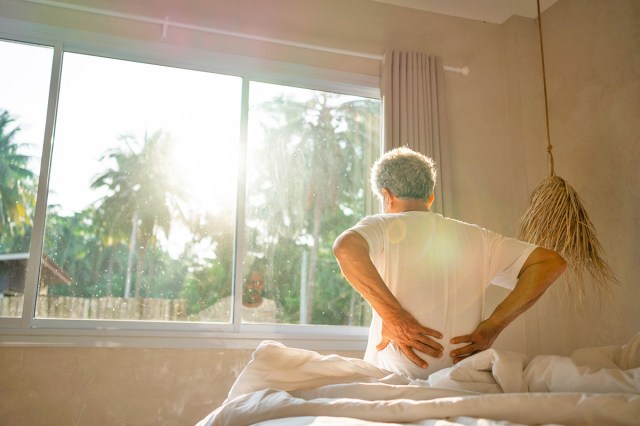Tryptophan — you’ve probably heard of (and blamed) this chemical compound for the exhaustion you feel after polishing off a Thanksgiving meal. Tryptophan tends to have the unfair reputation of being a sleep-inducing substance hidden in holiday turkey, but it’s actually an essential amino acid that our bodies need. Here’s what you should know about this nutrient that isn’t actually to blame for holiday grogginess.
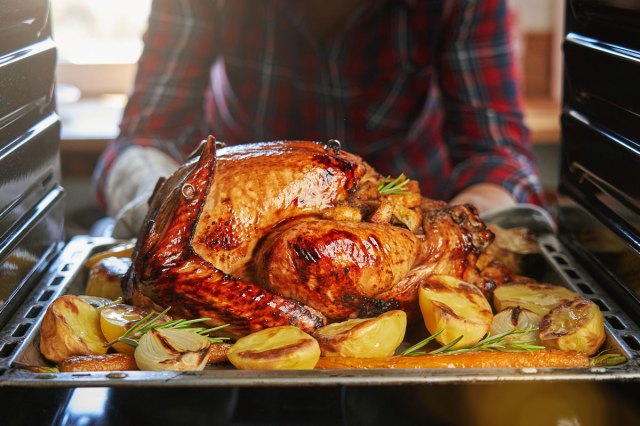
What is Tryptophan?
Tryptophan is an amino acid — a type of molecule that helps our bodies properly function. There are around 20 different amino acids with distinct, crucial roles in the body, such as breaking down food, generating energy, boosting our immune systems, and making the hormones and chemicals we need to function. Tryptophan’s job is to help power digestion and regulate moods and sleep cycles.
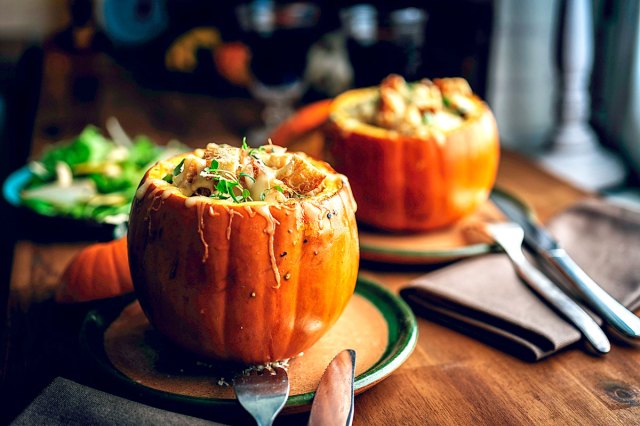
Where Does Tryptophan Come From?
Tryptophan is an essential amino acid, meaning it is sourced from food. It’s typically found in poultry and dairy products, such as milk, cheese, and egg whites, but is also available from plant sources, such as pumpkin and sunflower seeds, soybeans, and peanuts. It’s also possible to bump up tryptophan levels by taking an over-the-counter supplement but speak to your doctor before starting.

How Your Body Uses Tryptophan
Our bodies don’t use tryptophan as it is. Instead, it is broken down into three main substances — serotonin, melatonin, and vitamin B3 — which all have different, important jobs. Serotonin is best known for regulating moods but also plays a role in digestion, healing wounds, and keeping bones healthy. Melatonin helps time the body’s circadian rhythm and sleep cycles. Vitamin B3, also called niacin, powers the metabolism, makes DNA, and combats bad cholesterol.
Reader Favorites

Does Turkey Have Tons of Tryptophan?
While turkey does contain tryptophan, many nutritionists agree that it’s not an unusual amount. As far as protein goes, soybeans, chicken, beef, and cheese all contain similar amounts to turkey. Other foods, such as milk and canned tuna, have higher ratios of tryptophan than turkey; these foods are more commonly consumed than turkey but aren’t often associated with sleepiness.

What Really Makes You Sleepy After a Big Meal
It’s become a gastronomical myth that eating large amounts of Thanksgiving turkey makes you sleepy. Most scientists agree that the amount of tryptophan found in foods, including turkey, is too minimal to affect sleep noticeably. Instead, many people experience postprandial somnolence — aka feeling tired after eating — thanks to the entire Thanksgiving meal, which typically includes a large amount of rich foods high in carbs, fats, and calories. Holiday stress, travel fatigue, and alcohol also factor in, and when combined with digesting such a large smorgasbord, it’s no wonder you’ll probably need an after-dinner nap.
Featured Image Credit: GMVozd/ iStock
More From Our Network
Better Report is part of Optimism, which publishes content that uplifts, informs, and inspires.
